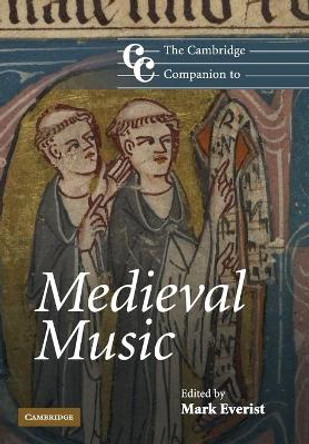Although nineteenth-century legislation had tried to ensure a precise separation between genre and institution for Parisian music in the theatre, it had inadvertently laid out a field on which the politics of genre could be played out as agents and actors of all types deployed various forms of artistic power. During the Second Empire, from 1854 until 1870, the state took over day-to-day control of the Opera in ways that were without precedent. Every element of the Opera's activity was subjugated to the exigency of Empire; the selection or artists, works and more general questions of artistic policy were handed over to politicians. The Opera effectively became a branch of government. The result was a stagnation of the Opera's repertory, and beneficiaries were the composers of larger-scale works for competing organisations: the Opera Comique and the Theatre Lyrique.
The Emperor Napoleon III brought the Paris Opera under the control of a handful of his most trusted politicians.Book InformationISBN 9781108829380
Author Mark EveristFormat Paperback
Page Count 75
Imprint Cambridge University PressPublisher Cambridge University Press
Weight(grams) 120g
Dimensions(mm) 230mm * 150mm * 4mm






